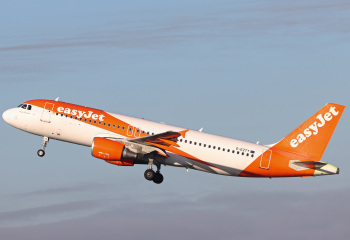easyJet has canceled 1,700 flights from July to September after dealing with weeks of last-minute cancellations of flights to and from London Gatwick Airport (LGW). The UK's largest budget airline is trying to fix its schedule and reduce flight cancellations when passengers are already at the gate waiting for their flight.
Around 180,000 passengers will be affected by flight cancellations over the next three months.
The goal of flight cancellations, equivalent to 24 flights per day, is to fix severe congestion at air traffic control (ATC) centers across Europe.
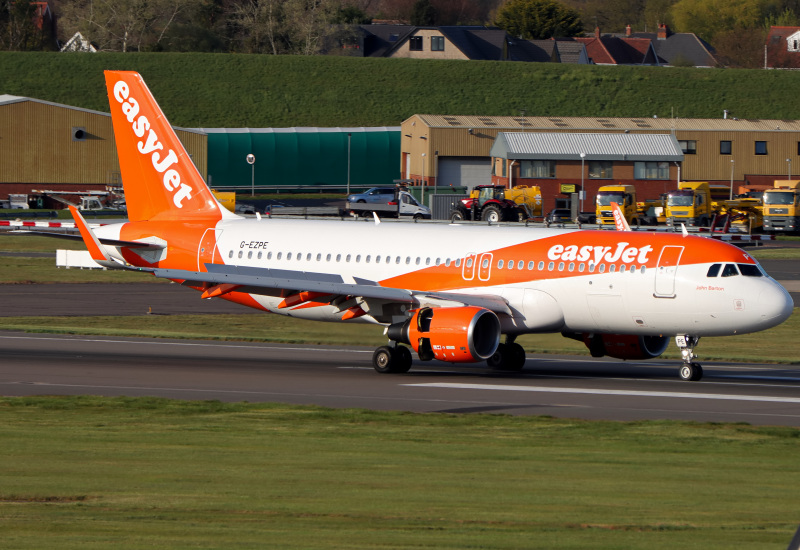
Even though the majority of passengers have been notified about the cancellations and rebooked on other easyJet flights, around 9,000 passengers may have to take the same flight on a different airline.
Other airlines that offer low-cost flights to and from the UK include Ryanair, Wizz Air, and Vueling.
On July 9, easyJet revealed that difficulties with maintaining the original schedule were the reason why two flights were canceled late at night with passengers already at the gate. The two flights were from London-Gatwick to Belfast International Airport (BFS) and from Budapest Ferenc Liszt International Airport (BUD) to London-Gatwick.
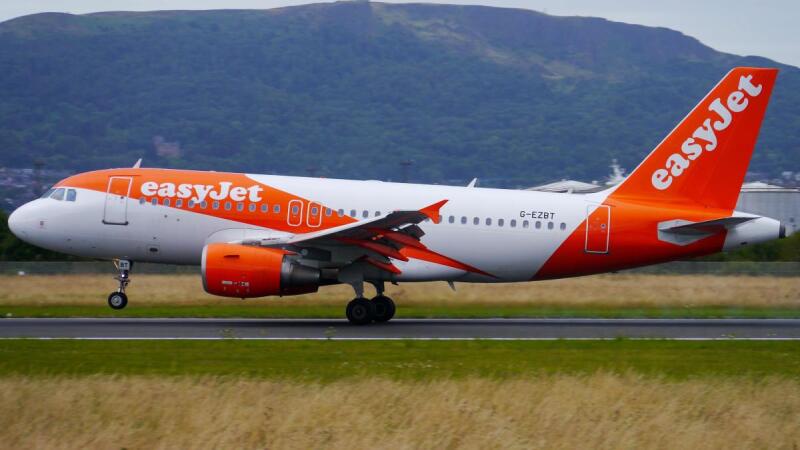
Delays usually increase as the day passes, forcing crew to not fly on flights since the updated schedules are outside of their working hours. This scenario has occurred hundreds of times over the past few weeks on easyJet flights departing from and arriving at London-Gatwick.
easyJet claims that "unprecedented" air traffic delays that are three times longer than pre-pandemic levels are the reason behind the cancellations.
Meanwhile, Eurocontrol warned about slow service at multiple airports during the summer.
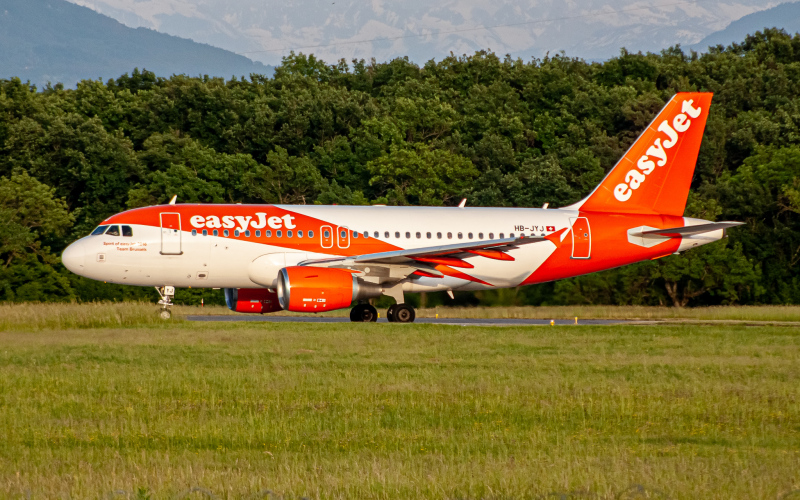
Challenges with air traffic control in Europe are happening for a variety of reasons. Since February 2022, many flight routes have become longer due to Russia's Ukraine invasion. The war forced many European countries to prevent their carriers from flying over Russian and Ukrainian airspace due to sanctions and safety issues. As a result, there was a major effect on routes to and from Greece, Turkey, and the Balkan countries.
Furthermore, some air traffic controllers have threatened to strike. Gatwick Airport is especially vulnerable to this since it's the world's busiest single-runway airport. High demand and low capacity mean arrival and departure delays can increase faster than at other airports.
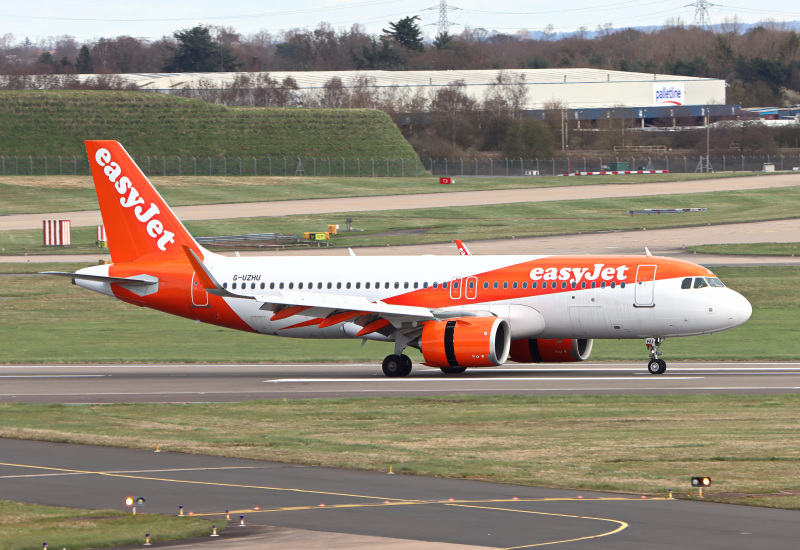
easyJet is the only airline significantly affected by air traffic control issues at Gatwick Airport. The airline claims that it's more vulnerable to disruption since it occupies only half of the airport gates.
Cancellations are becoming more severe. On July 10, easyJet canceled 30 flights departing from and arriving at Gatwick by 7:00 a.m. alone. Delays later built up during the day. Other airlines don't face these issues, with rivals Ryanair and Jet2 only canceling when air traffic controllers are on strike.
easyJet has acknowledged a problem and is fixing it. The airline said: "[We have made] some pre-emptive adjustments to our programme consolidating a small number of flights at Gatwick, where we have multiple daily frequencies. [Our aim is] to help mitigate these external challenges on the day of travel for our customers."
Comments (0)
Add Your Comment
SHARE
TAGS
NEWS easyJet London London Gatwick Gatwick Airport LGW Europe Eurocontrol Delays CancellationsRECENTLY PUBLISHED
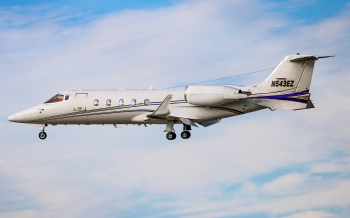 Learjet Owned By Vince Neil Crashes Into Gulfstream Jet, 1 Fatality Confirmed
On February 10th, around 14:30 local time, a Learjet private jet aircraft crashed into another private jet after landing at Scottsdale Airport (SCF) in Arizona.
NEWS
READ MORE »
Learjet Owned By Vince Neil Crashes Into Gulfstream Jet, 1 Fatality Confirmed
On February 10th, around 14:30 local time, a Learjet private jet aircraft crashed into another private jet after landing at Scottsdale Airport (SCF) in Arizona.
NEWS
READ MORE »
 Seattle Plane Strike 2025: Japan Airlines and Delta Collision Raises Safety Concerns
Seattle-Tacoma International Airport saw a concerning incident on Wednesday morning when a Japan Airlines (JAL) plane clipped a parked Delta Air Lines jet while taxiing. Thankfully, no one was injured, but passengers described the collision as a frightening experience.
NEWS
READ MORE »
Seattle Plane Strike 2025: Japan Airlines and Delta Collision Raises Safety Concerns
Seattle-Tacoma International Airport saw a concerning incident on Wednesday morning when a Japan Airlines (JAL) plane clipped a parked Delta Air Lines jet while taxiing. Thankfully, no one was injured, but passengers described the collision as a frightening experience.
NEWS
READ MORE »
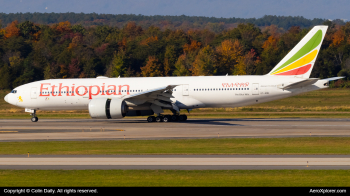 Ethiopian Airlines Expands Cargo Fleet with New Boeing 777 Freighter
Ethiopian Airlines has expanded its cargo fleet with a brand-new Boeing 777 Freighter, registered as ET-BAB (MSN 68140). The aircraft was delivered directly from Boeing’s factory in Everett, Washington, USA, and landed at Addis Ababa Bole International Airport at 3:41 PM (GMT+3) on Wednesday, January 22, 2025.
NEWS
READ MORE »
Ethiopian Airlines Expands Cargo Fleet with New Boeing 777 Freighter
Ethiopian Airlines has expanded its cargo fleet with a brand-new Boeing 777 Freighter, registered as ET-BAB (MSN 68140). The aircraft was delivered directly from Boeing’s factory in Everett, Washington, USA, and landed at Addis Ababa Bole International Airport at 3:41 PM (GMT+3) on Wednesday, January 22, 2025.
NEWS
READ MORE »



